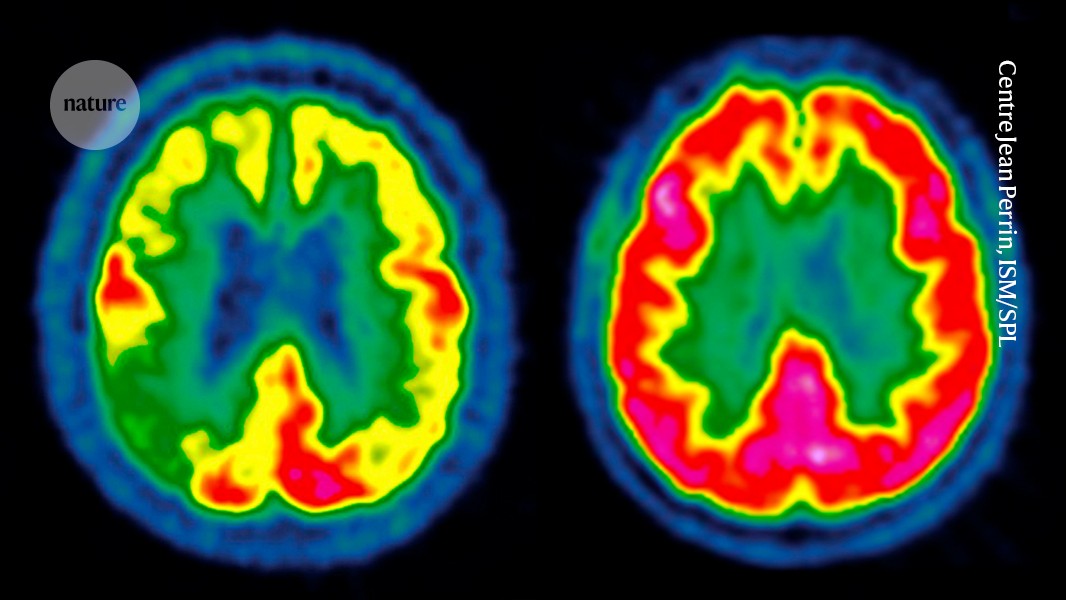
The next frontier in genomic medicine is heritable polygenic editing
Ethical Consequences of Polygenic Gene Editing for the Evolution of Human Homogeneous Variants: A View from the Perspective of the Eugenics Movement
This would be a huge achievement. The study has limitations and challenges and is discussed by the authors. The fear that polygenic gene editing could be used for eugenics looms large among them, and is, in part, why no country currently allows genome editing in a human embryo, even for single variants.
Peter Visscher is a Geneticist at the University ofQueensland, Australia, and he has modelled the consequences of simultaneously editing specific variants associated with a number of diseases.
The prospect of HPE raises profound ethical challenges. One significant concern is that HPE will lead to renewed interest in eugenics3. The eugenics movement arose in Victorian Britain aiming to ‘improve’ the gene pool of future generations, essentially by advocating government policies that would lead to people such as those in the movement leaving more offspring31. This kind of eugenics has been termed ‘positive eugenics’31. Negative eugenics policies impose unethical restrictions on individual liberties to prevent those considered to have undesirable genes from being able to reproduce. Intellectual disability, psychiatric diseases, criminality and poverty were targets of the eugenics movement in Germany, other parts of Europe, Canada, Australia and the USA from the late 19th century to the early 20th century. The Nazis used race as a factor in their decisions to commit mass murder at an unprecedented scale and to commit other human rights abuses. Could HPE lead to a 21st century reincarnation of previous eugenics practices? Potentially, if it is used by non-democratic state actors, such as those that already adopt coercive control over populations.
Although collectivist considerations should inform the values of governments and the goals they pursue, it is also important that these goals do not override basic human rights, such as the right to autonomy. The pursuit of collectivist goals must be compatible with basic human rights.
One alternative ethical perspective is based on collective welfarism. The goal is to provide benefits to people of all types, including families, communities and societies. It’s important that the implementation of HPE is not used in a way that weakens our communities and society. Notably, this approach requires further analysis of what constitutes flourishing societies.
There are no easy solutions to these problems, which is why it is vital that we start to consider the implications now while the prospect of HPE is still many years away.
The unequal use of HPE is likely to increase social division. There is a correlation between the risk of diseases and the proportion of the population undergoing HPE. The results for several hypothetical diseases are also given in supplementary fig. These results show that there is an increase in inequality, as measured by the Gini index, when a small proportion of the population carries edited genomes and that inequality is only decreased when more than 50% of the population has edited genomes.
One approach could be to limit the use of HPE to cases in which there is a reliable relationship between a trait and positive effects on well-being51. This is a problem for any welfarist approach to improvement of the individual or society.
It is currently possible to test embryos created through in vitro fertilization for their predisposition to non-disease traits. Genetic tests and screening for a serious disease are only allowed in some countries. The line between health and disease is blurred when considering polygenic traits. For example, is using HPE to reduce blood pressure, a causal risk factor for common diseases, a medical or non-medical application? The same question is posed about preventative interventions and vaccines. In extreme cases, polygenic editing can be used to delay normal human ageing, significantly prolonging human life.